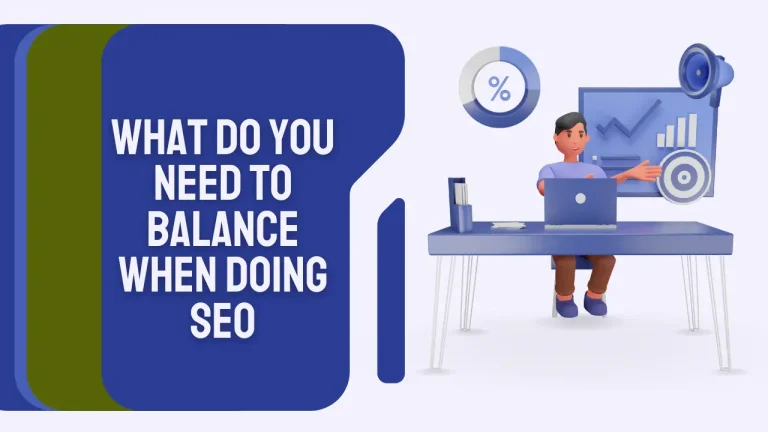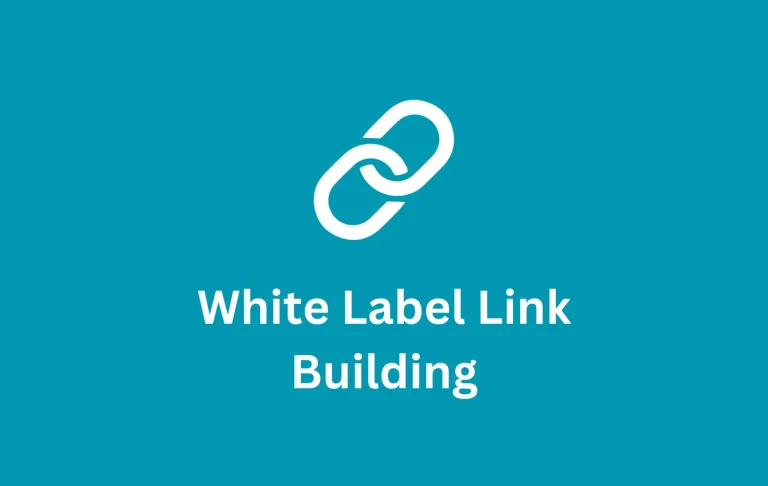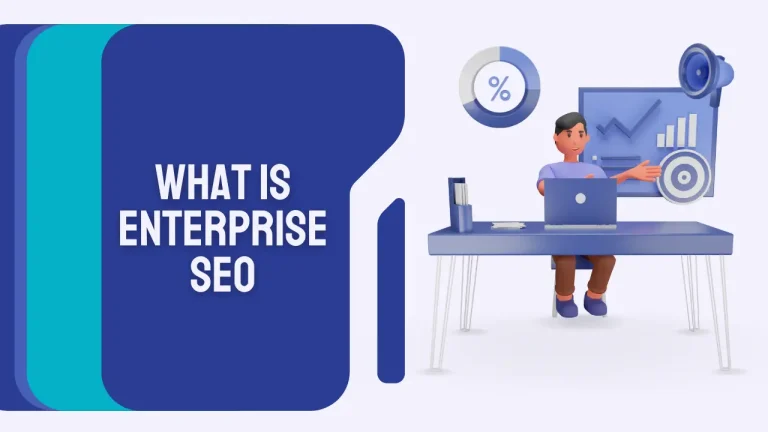Which On Page Element Carries The Most Weight For Seo
Are you looking to boost your website’s visibility and attract more organic traffic? Which On Page Element Carries The Most Weight For Seo? If so, understanding which on-page elements carry the most weight for SEO is essential.
By optimizing these elements, you can improve your search engine rankings and drive more targeted traffic to your site.
Title tags play a crucial role in SEO. They should accurately describe your page’s content and incorporate relevant keywords that help search engines understand what your page is about.
Meta descriptions may not directly impact rankings, but they are instrumental in attracting users to click on your website in search results.
Header tags structure your content and make it more readable for both users and search engines. A well-organized URL structure with relevant keywords can also boost visibility.
Ultimately, high-quality and relevant content is key. By creating informative and engaging content that incorporates relevant keywords, you can significantly improve your website’s visibility in search engine results.
Stay tuned as we explore each of these on-page elements in-depth to unlock the full potential of SEO for your website!
Key Takeaways
- Title tags are an important on-page element that carries significant weight for SEO. They accurately describe page content and incorporate relevant keywords, improving visibility and attracting organic traffic.
- Meta descriptions indirectly impact SEO efforts by attracting users to click on your website in search results. Crafting compelling and keyword-focused meta descriptions can improve click-through rates and attract more traffic.
- Header tags structure content and make it more readable for users and search engines. Using a clear and consistent header tag structure with relevant keywords optimizes content for search engine visibility and enhances user experience.
- Having a clean and organized URL structure with relevant keywords improves visibility in search engine results. Descriptive words and concise URLs with hyphens perform better in search rankings, and removing unnecessary parameters from URLs avoids confusion for search engines.
Title Tags:

The title tag is one of the most important on-page elements for SEO. It should accurately describe the content of the page and include relevant keywords to help search engines understand what the page is about.
The title tag is one of the most crucial on-page elements for SEO. It not only accurately describes the content but also incorporates relevant keywords to enhance search engine understanding.
When optimizing your website, pay attention to your title tags, meta descriptions, header tags, URL structure, and content. Start by crafting compelling and keyword-focused title tags that give a clear idea of what users can expect from your page.
Include relevant keywords in your title tag to help search engines understand the topic of your page.
Next, focus on meta descriptions – though they don’t directly impact rankings, they are essential for attracting users to click on your website in search results. Well-crafted meta descriptions with keywords can improve click-through rates and indirectly boost your SEO efforts.
Meta Descriptions:

While meta descriptions don’t directly impact search engine rankings, they play a crucial role in attracting users to click on your website in the search results. A well-crafted meta description that includes keywords can improve click-through rates and indirectly improve your SEO.
Boost your website’s search engine rankings by creating a captivating meta description that incorporates relevant keywords, enticing users to click on your site in the search results. Meta descriptions may not directly impact SEO rankings, but they do have a significant influence on user engagement.
A well-crafted meta description can improve click-through rates and attract more traffic to your website. By including keywords in the meta description, you increase the chances of appearing in relevant searches and grabbing users’ attention. To further understand the importance of optimizing on-page elements for SEO, consider the following table:
| On-Page Element | Impact on SEO Rankings | Impact on User Engagement |
|---|---|---|
| Title Tags | Important | Improves Click Through Rates |
| Meta Descriptions | Indirectly affects | Attracts Users |
Now let’s delve into header tags: header tags (h1, h2, h3, etc.) are used to structure the content on your webpage. They make your content more readable for users and help search engines understand its relevance and hierarchy.
Header Tags:
Header tags (H1, H2, H3, etc.) are used to structure the content on your webpage. They not only make your content more readable for users but also help search engines understand the relevance and hierarchy of the information on your page.

Improve the organization and readability of your webpage’s content by using header tags.
Header tags, such as H1, H2, and H3, play a crucial role in structuring your content for both users and search engines. These tags not only make it easier for readers to navigate through your page but also help search engines understand the relevance and hierarchy of the information you provide.
By utilizing a clear and consistent header tag structure throughout your website, you can enhance the user experience and improve your SEO efforts. Including relevant keywords in your headers can further optimize your content for search engine visibility.
Now let’s move on to another important aspect of SEO: URL structure. A clean and organized URL structure with relevant keywords can greatly impact the visibility of your website in search engine results while making it more user-friendly for both humans and bots to understand what each page is about.
URL Structure:
A clean and organized URL structure can have a positive impact on SEO. Including relevant keywords in your URLs can improve the visibility of your website in search engine results and make it easier for both users and search engines to understand what the page is about.
Having a clean and organized URL structure with relevant keywords can greatly enhance your website’s visibility in search engine results and make it more user-friendly for both humans and bots to understand the page’s topic.
When it comes to SEO, optimizing your URLs is crucial. Here are some best practices for organizing URLs for SEO:
- Use descriptive words: Include relevant keywords in your URLs to give users and search engines an idea of what the page is about.
- Keep it concise: Shorter URLs tend to perform better in search rankings, so avoid long and complex URLs.
- Use hyphens: Separate words in your URL with hyphens instead of underscores or spaces.
- Avoid unnecessary parameters: Remove any unnecessary parameters from your URL, as they can confuse search engines.
Remember, while a well-optimized URL structure is important for SEO, ultimately, the quality and relevance of your content carry significant weight. Creating high-quality, informative, and engaging content that incorporates relevant keywords can improve your website’s visibility and attract more organic traffic.
Content:
Ultimately, the quality and relevance of your content carry significant weight for SEO. Creating high-quality, informative, and engaging content that incorporates relevant keywords can improve your website’s visibility and attract more organic traffic
Create high-quality, informative, and engaging content that incorporates relevant keywords to enhance your website’s visibility and attract more organic traffic. When it comes to SEO, the content on your website plays a crucial role in determining its ranking on search engine results pages (SERPs).
By providing valuable information that is both user-friendly and optimized for search engines, you can improve the visibility of your website and increase its chances of attracting organic traffic. Incorporating relevant keywords into your content helps search engines understand what your page is about and improves its chances of ranking higher in SERPs.
Additionally, focusing on website design and user experience can further enhance the impact of your content by creating a seamless browsing experience that keeps visitors engaged. To emphasize the importance of quality content for SEO, consider the following table:
| Content Quality | Impact on SEO |
|---|---|
| High | Positive |
| Informative | Positive |
| Engaging | Positive |
| Relevant Keywords | Positive |
| User-Friendly | Positive |
By prioritizing these elements in your content creation process, you can optimize your website for better visibility in search engine rankings.
Frequently Asked Questions
Conclusion
In conclusion, when it comes to SEO, there are several on-page elements that carry significant weight.
The title tag is crucial for accurately describing the page and including relevant keywords.
Meta descriptions may not directly impact rankings but can improve click-through rates.
Header tags structure content and help search engines understand relevance.
A clean URL structure with keywords improves visibility.
However, the most important element is high-quality and relevant content that incorporates keywords, as this will enhance your website’s visibility and attract more organic traffic.






